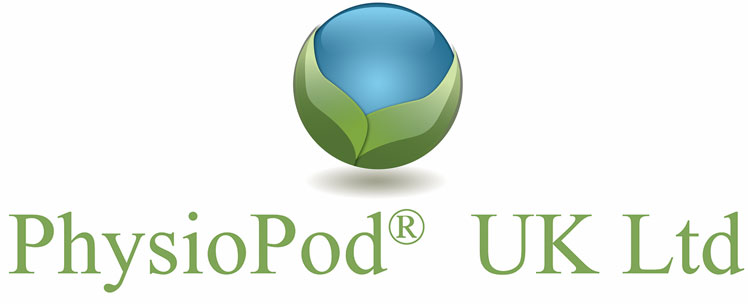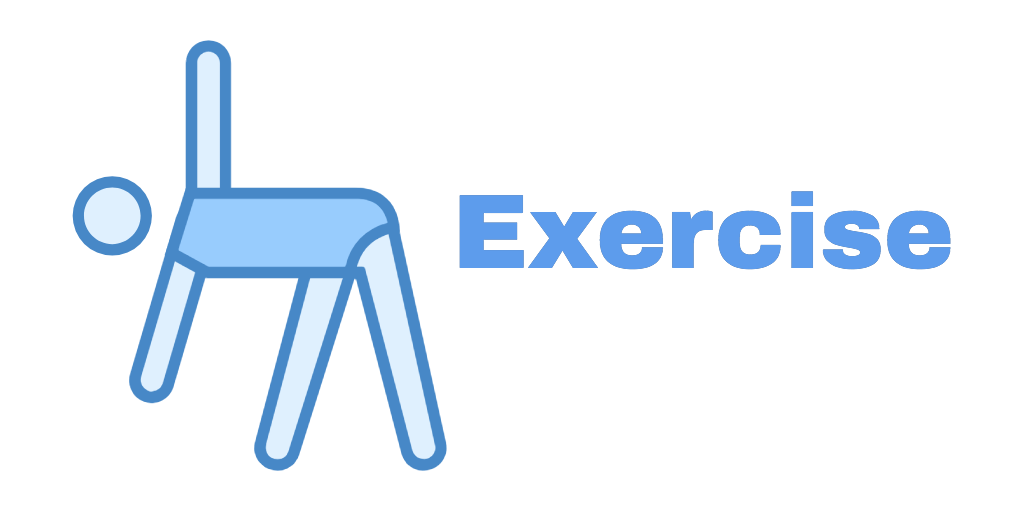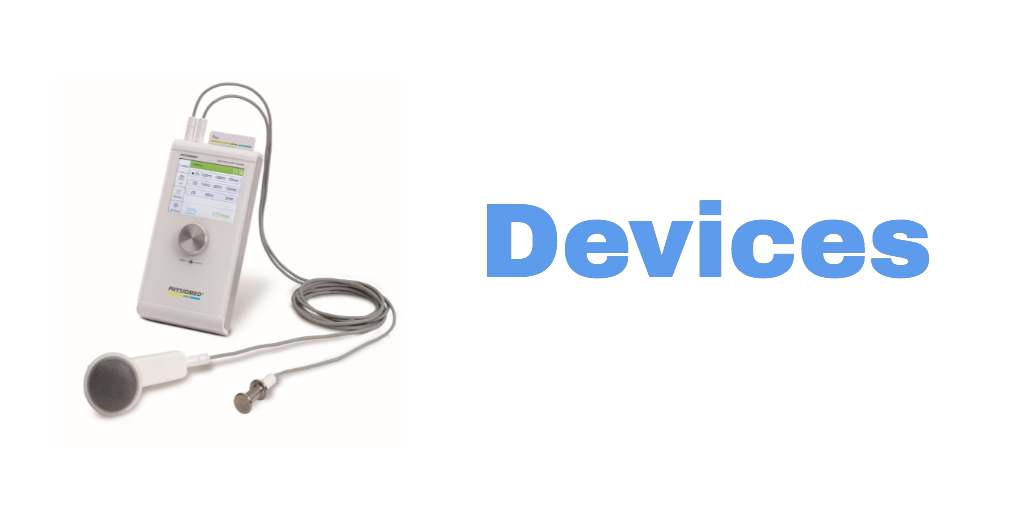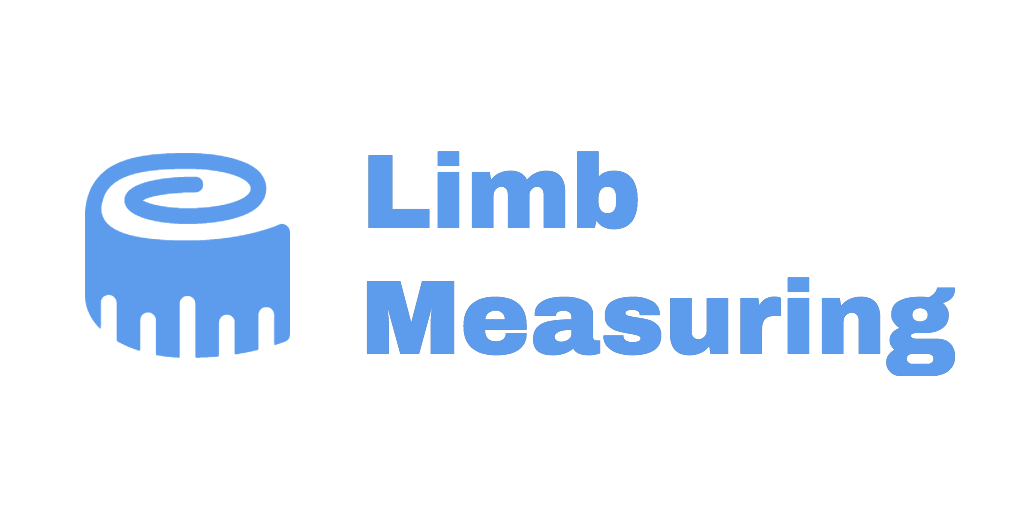2001-2021: What Has Changed in 20 Years of Lymphoedema Management? Practitioner Feedback
PhysioPod asked Sue Hansard, Lymphoedema Nurse Specialist of First Lymph Care for her opinions...

"Many things have changed in the past 20 years of Lymphoedema management.
I suspect that many people working within the specialism, for various reasons, are not always 'up to speed' on new thinking and new research and evidence. Possibly not able to get funding for Conference attendance, maybe not having protected time to attend virtual conferences and training, maybe having 'too much' day-to-day stuff to deal with. And then the COVID situation hasn't helped. Fewer services now I think and longer waiting lists... at least in Staffordshire.... it all means that patients are not getting a prompt, timely assessment and it would seem even when people do attend clinics, the self-management advice is lacking.
I say all this because the patients I have seen since the start of the pandemic are reporting these experiences. And often after a first consult with me they comment on having ‘learnt more in that appointment than during whole episodes of clinic input'. Very sad and very frustrating.
I always refer patients to BLS and LSN for further information and supporting evidence for the advice I give and share new learning from Conferences I have attended.
Advice - what has changed?
In the past, we used to be wary about people doing most forms of exercise and while trying to promote activity, we would be discouraging certain exercise forms. We used to advice 'only gentle exercise'.
Evidence has shown that staying active with Lymphoedema is one of THE most important things we can do. Studies done with dragon boat racing [1], for example have shown the positive impact of more strenuous exercise on a Lymphoedematous limb, when appropriate hosiery and self-care advice is also followed.
Anecdotally, I have patients who have reduced their oedema through regular exercise and who have improved ROM and function as well as mental health.
Now, I don't discourage any sporting activity, but advise about a gradual increase when starting something new, or returning to sport/exercise after diagnosis of Lymphoedema. Sometimes we need to consider ways of adapting self-management to enable people to do a sport they love in a safe and positive way.
And I discuss and advise on posture and daily activities such as use of computers, mobile phones, seating, car driving which can all impact directly/indirectly on Lymphoedema.
In the past we used to churn out the mantra that the '4 cornerstones of Lymphoedema management' [2] was key and must not be altered, adapted etc. We would explain that 'only gentle manual lymphatic drainage' would move lymph successfully and to be wary of equipment which claimed to do the same!
Many technologies are used in clinics and by independent therapists, who are achieving very positive improvements in symptoms for their patients. Plus, many patients are now able to self-purchase or loan equipment for self-management.
I believe that the lived experience of Lymphoedema is different for everyone and while there may be similarities in how swelling responds to activities and treatments, there is no such thing as 'one size fits all'. So, if patients want to explore alternative ways to self-manage they should be encouraged and supported to do so in a safe and practical way.
We used to measure limbs every visit, but in patients who were 'maintaining' we did not need to alter hosiery requirements. Yet we would re book them every 6/12 months. Until about 10 years ago, clinic didn't even discharge patients!
Now, if a patient is self-managing and their swelling remains stable and uncomplicated, there is no reason why the limb needs to be meticulously measured each time, or in fact why the patient needs to be reviewed automatically every 6/12 months. Like people living with diabetes, they can be discharged and then re-seen on request if future issues arise."
About Sue Hansard Lymphoedema Nurse Specialist
Sue Hansard gained her BA in Nursing and R.G.N Qualification in 1982. During her varied career she has worked in surgery, orthopaedics, medicine, elderly care, renal dialysis and day surgery. She moved into palliative care in 1996 and has worked in Lymphoedema management since 1998. Sue founded 'First Lymph Care' in 2003 to make Manual Lymphatic Drainage Massage available to all; especially those with Lymphoedema, or skin sensitivities, which are sometimes contraindicated for other forms of massage. Sue’s nursing knowledge and experience gives her clients confidence and assurance that treatments are always appropriate for their condition and safe. Sue is registered with the NMC and BLS and fully insured to practice independently. She always takes a thorough medical history prior to any treatment planning. Through 'First Lymph Care' Sue provides a complete holistic approach to her clients, providing general health care advice and support for people living with Lymphoedema to help them manage their condition as well as post-operative recovery. She writes and produces her own Fact Sheets, is a Peer Reviewer for L.S.N. (Lymphoedema Support Network) and B.M.J (British Medical Journal) and freelance medical writer. Raising awareness of the many benefits for all, of Manual Lymphatic Drainage and managing Lymphoedema specifically is a key purpose of 'First Lymph Care’. In the past Sue has delivered training on Lymphoedema and its management to small groups of Allied Health professionals in the UK and Bulgaria.
READ ALL ARTICLES FROM SUE HANSARD
References
[2] Wigg J, Lee N, 'Redefining essential care in lymphoedema' BMJ Clinical Focus




